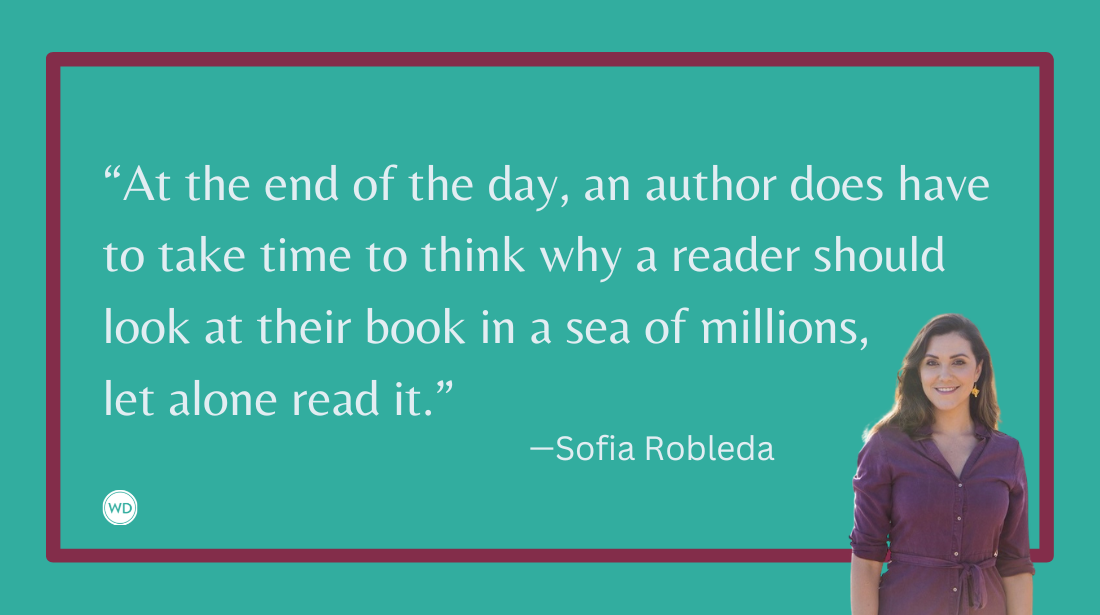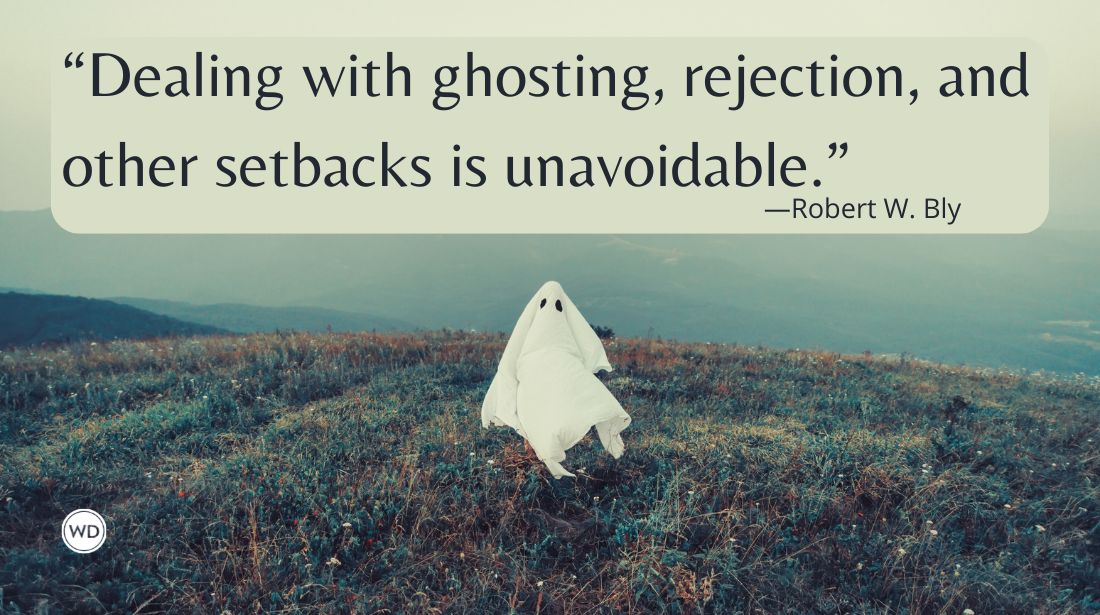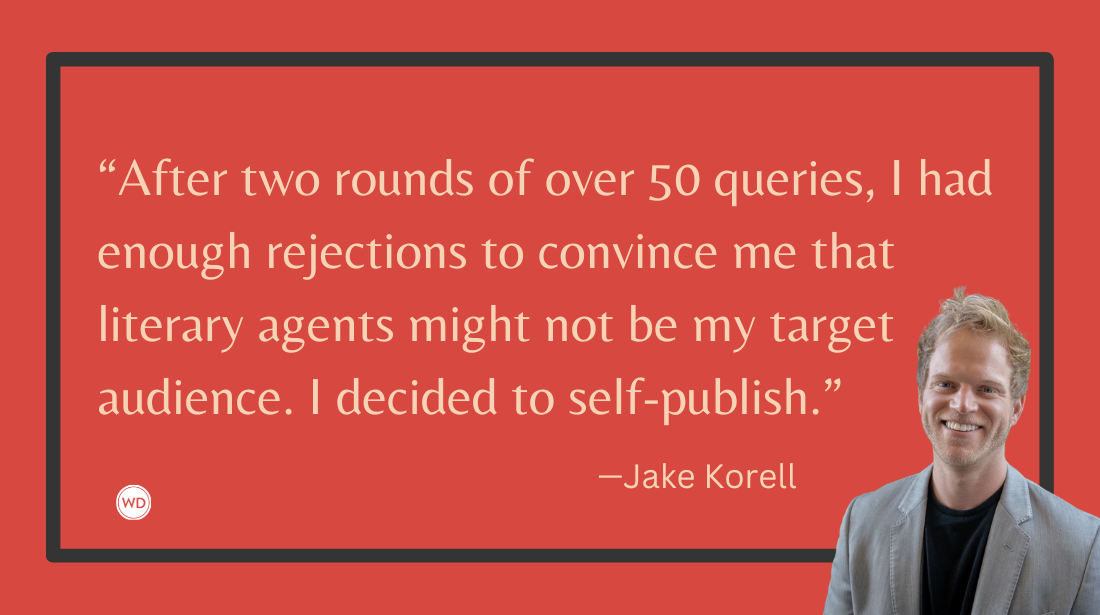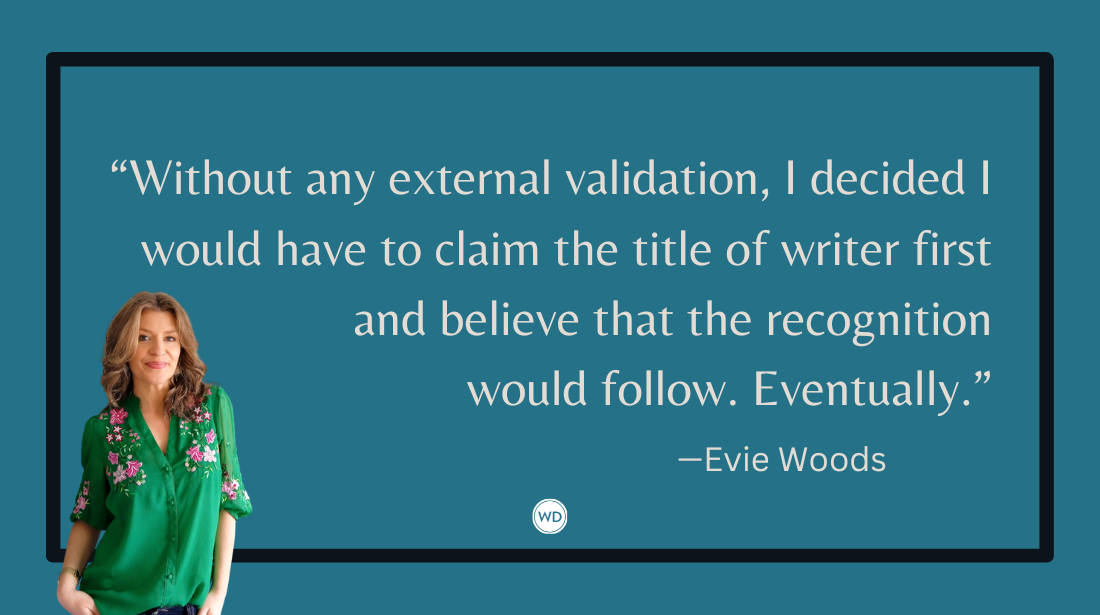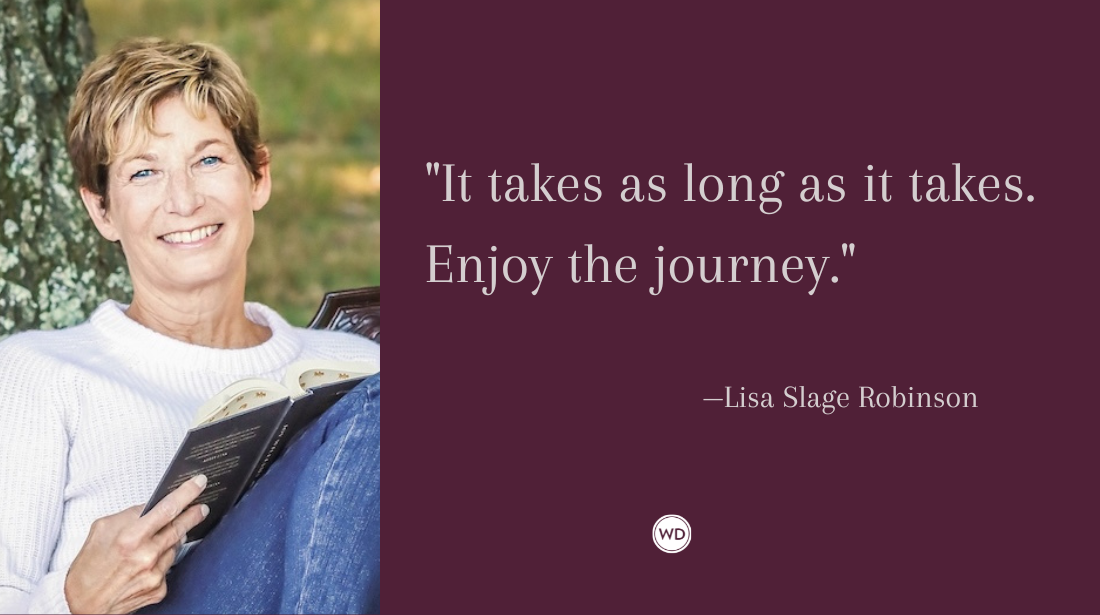The Trouble With “Client-Less” Copywriting
Career freelance writer and copywriter Robert W. Bly discusses the concept of “client-less” copywriting and how it can be problematic.
My esteemed colleague, the multi-talented Ben Settle, calls himself a “client-less” copywriter—a term which, I think, Ben himself may have coined. As a traditional freelance copywriter, I write copy to order for a variety of clients, marketing a variety of products and services. As a client-less copywriter, Ben writes copy primarily for himself, to sell his own products and services, for his own businesses; he does seem to have partners in these, by the way, though you needn’t. He is his own client.
Of course, the two are not mutually exclusive. You can do both: write for clients and also sell your own products. But even those of us who do both have one activity as primary and the other as secondary. For me, my core business, for more than 45 years, has been firmly as a fee-based “contract” copywriter. The main reason for my preference is that for me, in writing, variety is the spice of life.
During my almost half a century career as a traditional freelance copywriter, I have written thousands of promotions in a wide variety of media and marketing channels—everything from magazine ads and direct mail, to white papers and brochures, to websites and landing pages, to online ads and email.
I also absolutely love to learn, and then to write about what I have learned studying a variety of different products, services, technologies, markets, and industries—from telecommunications and computers, to insurance and banking, to stock investing and options trading, to dietary supplements and stem cell therapy—and many more.
For instance, last year I was hired to write copy about a product called a desalter. It removes salt from crude streams being fed into oil refineries. I was fascinated because I love learning, and I learned three things I had not known before, even though I had been writing about hydrocarbon processing on and off for decades. First, crude oil has a high salt content, which interested and surprised me. Second, too much salt in crude feed causes two major problems in the refinery: It fouls the distillation columns, and it also corrodes the metal in the towers and their internal components. Third, desalters use a clever and innovative method that involves running the crude through an electrified metal grid that causes the harmful salt to precipitate out of the oil.
With my BS degree in chemical engineering, I am a tech geek, and so I love this stuff. I know that to non-engineers it may seem as dull as dishwater. But it need not be. For as Joseph Kelly, Eisenhower’s speechwriter once wrote, “There is a kernel of interest in everything made by man or God.”
As a copywriter, it is my job and my joy to discover that kernel of interest and use it to create scintillating copy that gets the reader to sit up, take notice, and read the ad—and motivate a percentage of those readers to order the product. Some client-less copywriters also produce and sell a variety of different products, so they too are always learning and keeping things fresh.
The one type of copywriter I never want to be is a client-less copywriter, or even one with clients, who writes about nothing else other than to sell online courses in copywriting and digital marketing. Yet I know many who thrive on it; different strokes for different folks, I suppose.




